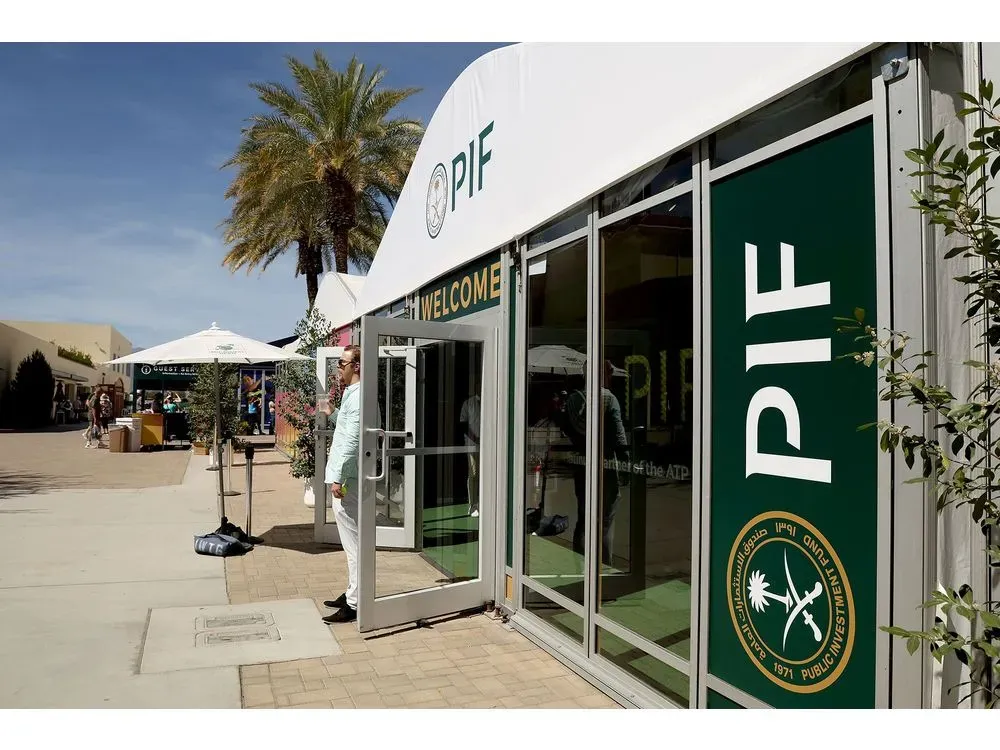Saudi Fund’s $1 Billion Stake Sale Signals Surge in Middle East Follow-On Offerings
Saudi Arabia’s $1 billion stake sale in Saudi Telecom marks growing follow-on offerings in the region, helping to fuel Vision 2030.

The Saudi Public Investment Fund (PIF) is making waves in the Middle Eastern market with its $1 billion sale of a 2% stake in Saudi Telecom Co. This latest transaction signals a significant uptick in follow-on equity offerings across the region, following the successful secondary sales of shares in other key players like Saudi Aramco and Adnoc Drilling earlier this year.
Until recently, the Middle East's stock markets had seen a surge in initial public offerings (IPOs), but the secondary market for share sales had remained relatively quiet. Now, the region’s sovereign wealth funds, led by the PIF, are increasingly turning to secondary share offerings to raise capital for their ambitious plans, particularly the $1 trillion Vision 2030 economic transformation agenda.
Prasad Chari, the group head of equity capital markets at Emirates NBD, noted a noticeable shift: “We have been seeing an increase in discussions around blocks, secondaries, and follow-ons,” he said, referring to the natural progression following the wave of IPOs in recent years. Many of the companies listed were only offering minority stakes, leaving room for additional sales as the free float grows.
Secondary share sales, like the PIF’s recent stake sale, not only help to make stock trading more liquid but also provide investors an opportunity to buy in on popular stocks that were heavily oversubscribed during their IPOs. In fact, shares in Adnoc Drilling have surged by over 20% since its May offering, while Aramco shares have rebounded from an initial post-sale dip, despite being lower year-to-date. On the other hand, shares in Saudi Telecom slipped by around 2% following the announcement.
The PIF’s stake sales are a key part of its strategy to fund Saudi Arabia’s Vision 2030, which seeks to reduce the kingdom’s reliance on oil and diversify its economy. The PIF holds a sizable 16% stake in Aramco, valued at about $290 billion, and has another $200 billion invested in other prominent local companies spanning sectors like banking, healthcare, and utilities.
Other governments in the region are also pursuing similar privatization strategies, with Dubai and Abu Dhabi leading the way in listing stakes in state-owned companies. Dubai, for example, has already listed shares in its water and electricity utilities, while Abu Dhabi has done the same with divisions of Adnoc. Oman has also joined the trend, selling stakes in its state-owned energy companies.
Ramzi Sidani, head of frontier markets equity strategy at HSBC Global Asset Management, believes more companies within the Adnoc group and Dubai's utility sector are likely to follow suit with their own follow-on offerings. “We would definitely have appetite for some of these names,” he said, adding that discounts would make them even more attractive to investors.
With the regional market becoming more active, many are hoping to see additional Saudi companies entering the secondary market more frequently, fueling even more growth and investment in the region.



